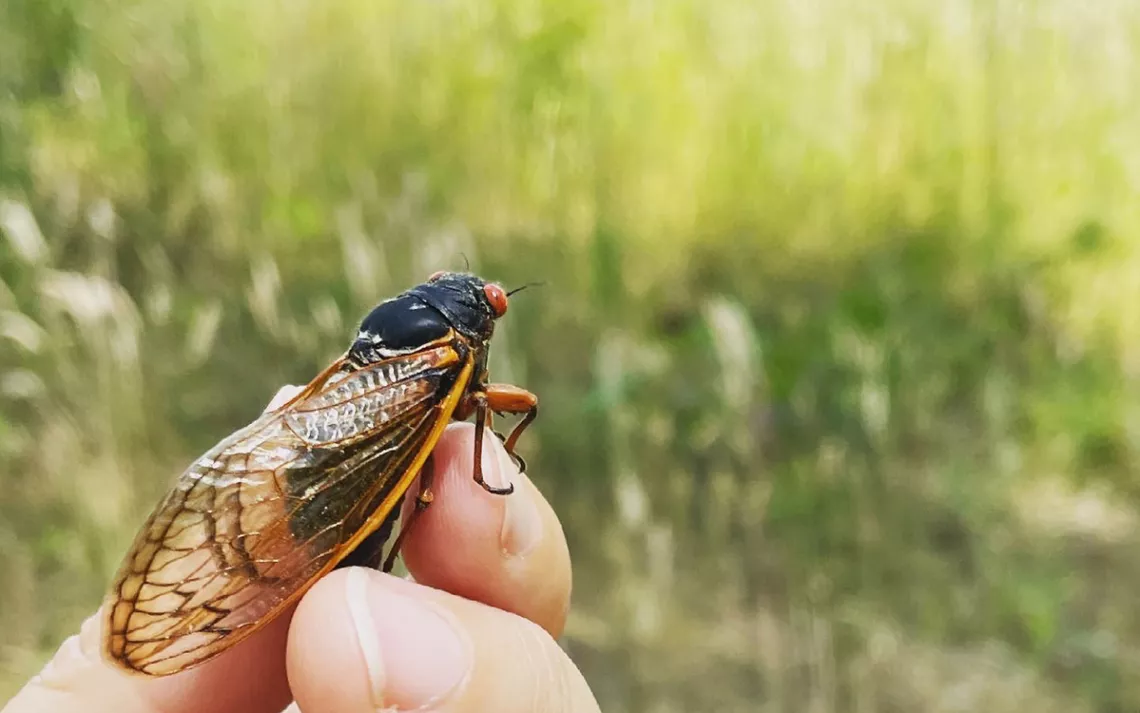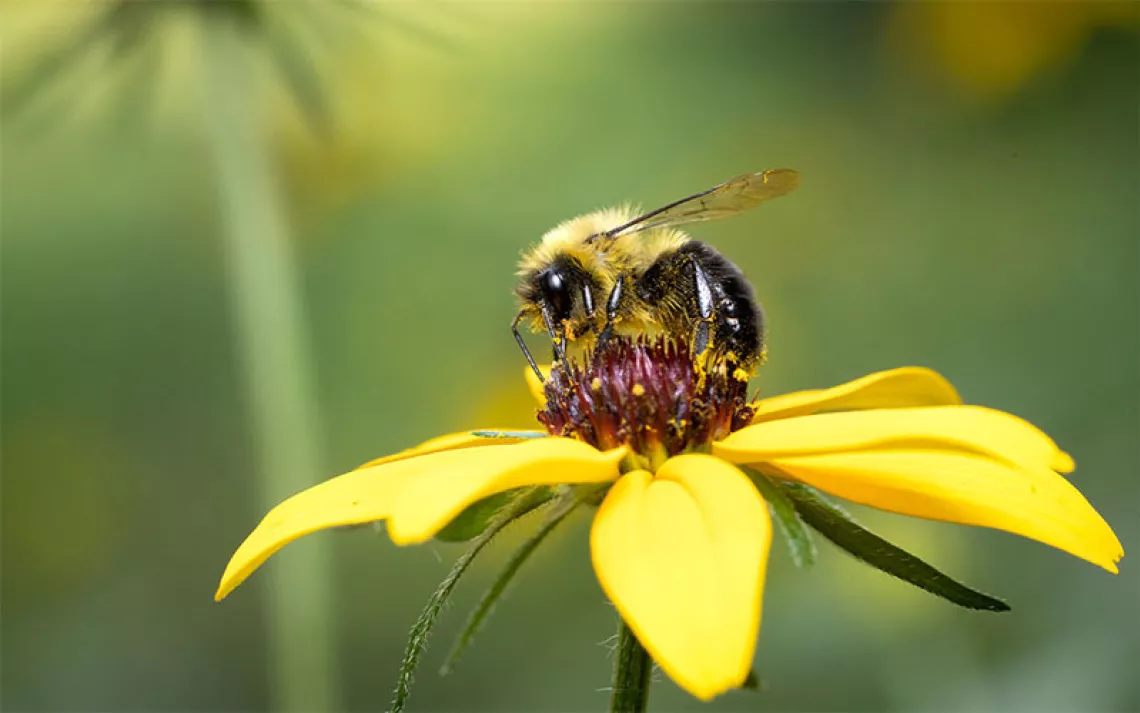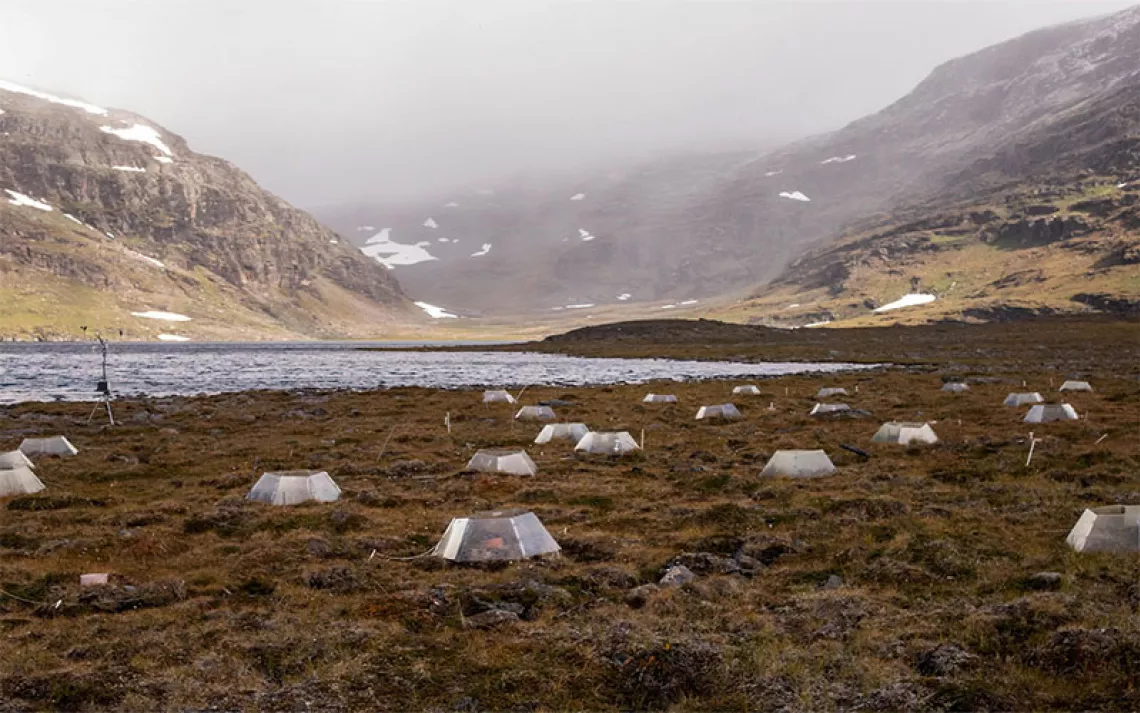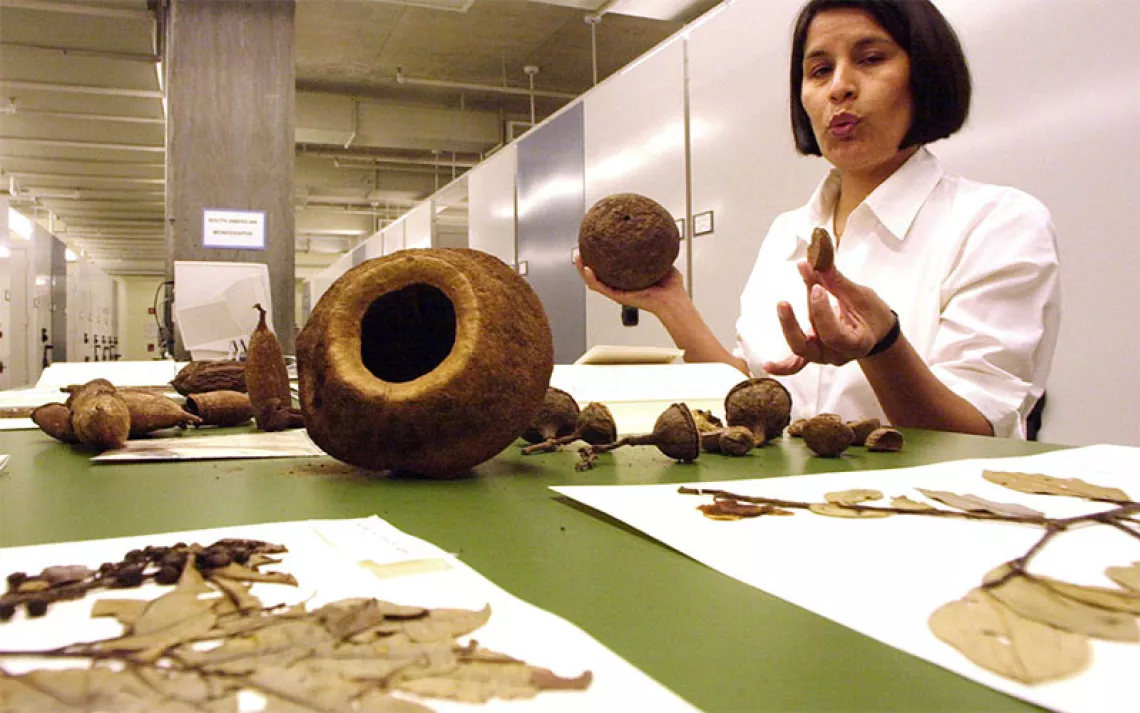The Song of the Cicada
Out of the pandemic, into a valley of insects

Photograph by Holly Haworth
Inside the earth was a safe place. They lived peaceful lives, sucking on tree roots. They felt the turning of the seasons, the subtle shifts in the soil’s temperature and the not-subtle ones, freezes of winters and thaws of springs. They never uttered a word, just kept count. Seventeen years precisely.
Up here on the surface is dangerous, and so they sing. They sing to stay focused on life, the goal. The ancient Greeks told a story of men who were so obsessed with singing they forgot to eat and drink. These men were turned by the Muses into cicadas. They were given the critical task of keeping tabs on which humans properly revered the Muses, goddesses of music, poetry, and myth.
The Greeks carved their official coins with images of the cicada, playing with the idea, I imagine, that story and song cannot be entirely accounted for as commodities, that they are always to some extent gifts of the gods. Clink, clink, Athenians counted cicada coinage into the palms of merchants in exchange for grains, olives, jewels, dropped them into the upturned wool hats of lyre-players.
The world is dangerous, and music is necessary currency. Near where I live, in Athens, Georgia, the cicadas began to sing in the time of glaciers, when the land was frigid and icy. The Magicicadas genus was three species that evolved to live together, an interspecies tribe called a brood that has survived to this day—the mighty Brood X tribe.
Six of the insects’ generations ago, in 1919, they crawled up into a world infected with Spanish flu and sang for my great-grandparents, John Ellis and Daisy, Luella and Roger, Effie Faye and Isaac and all the rest who had survived the pandemic. This year, Brood X tunneled up from the earth in late May, crawled as nymphs from the dark soil. They marched up the trunks of trees in lines and shed their last nymphal shells, leaving them behind like ghosts with bulbous empty eye sockets, trading them for eyes the color of red jasper stones and new bodies with translucent wings. Now I was emerging too, as millions of us were, from a house where I had quarantined for the past 14 months, and into the buggy world.
I went north from my home in Athens to find them. A woman named Judy, who lived in the heart of Brood X territory and had sent photographs of them to my local university’s entomologists, had offered to show me. I took the road that went across one of the state’s highest peaks, Blood Mountain, at 4,458 feet. There, I stopped to take in a heavenly breeze and blooming azaleas. Hikers on the Appalachian Trail were passing by, chattering to each other.
I saw that the massive, spreading limbs of an oak tree were covered in discarded hiking boots, laces tied together so that when thrown they had snagged the branches and stuck. Shoes discarded and left behind, boots that didn’t fit. I overheard one of the hikers telling another how she had left her husband during the past year of pandemic, shed her trappings, and started on a new path. Old shells can be gotten rid of, I thought to myself. We are all emerging, shedding past selves. In a dark time, the eye begins to see, wrote the poet Theodore Roethke.
I met Judy a little farther north, in the small town of Blairsville. Her house sat just so under oak trees on a ridge, above a hollow that amplified the cicadas’ song. The tide of their noise swept me up when I got out. It was noon, at the height of their whirring.
In the 700s BC, the Greek poet Hesiod—a name that means “he who emits the voice”—associated cicadas with the “noontide,” a magic hour where dreams and visions take place. Their sound washed over us in waves, frothy and dense. The earth seemed very old, and I felt jostled out of time. We walked to Judy’s porch and sat in rocking chairs, at a distance.
The hollow downslope gathered the sound and lifted it up to us, a fuzz that engulfed everything. What crawled beneath the earth for so long now made a song to touch it from above. In another Greek story, the master harpist Eunomis breaks a string when playing in a contest, and a cicada comes in to help him, hitting the high C note in place of the broken string.
The Greek poet Callimachus often compared himself to a cicada. To him, the poet’s was a blessed existence, devoted to song; the speaking of the poet was proof of life. The singing of the insects is proof of survival and a hope that life will proliferate and continue.
The ancient Chinese, in the Han dynasty, carved jade cicadas and placed them on the tongues of the dead for burial—a symbol of immortality, archaeologists say. The tongue is the site of story, poetry, and song, which are all ways that we help get the dead where they’re going, and help the living keep living.
Judy and I rocked, sipping tea, listening to the swell around us. Devoted wholly to song, cicadas were said to live on dew. The reality is not far from the myth; they have strawlike tubes with which they suck the sap of plants. We suck the sap of sugarcane, crystallized then dissolved again into glasses of iced tea, tea the extracted juice of leaves. All is metamorphosis.
As the cicadas looped, the moments stretched. The spinning of the earth slowed and the mind cast back to years past. Judy remembered their last emergence, so long ago, when her old dog was still alive. I remembered that I was young, in college, that I had had my heart broken that spring, and the month of their emergence, when classes ended, I went out West with friends to the desert to sit under silent cold stars with the sound of our voices telling stories to one another. Seventeen years is a long time, and a life is small and fast.
I wanted to sit there for hours with Judy, sipping tea, but she suggested we walk over to the apple orchard, where the cicadas swarmed in the branches. She began to catch them in her hands, laughing, and handed them over to me. They clung to my fingers and wrists with sticky barbed feet, trying to crawl upward from my cupped palms, and I looked into their eyes, red as fires. One by one, they got free and soared off like small birds on the air, rattling through the sky. Judy kept catching them gently, delighted as a child, and I allowed myself to get delighted too, caught up in the whirring while it lasted. After all, isn’t that what we were there to do?
 The Magazine of The Sierra Club
The Magazine of The Sierra Club



